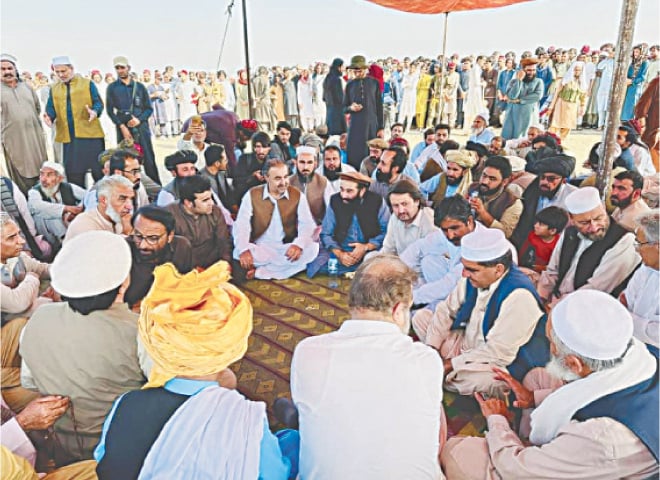 Courtesy:
Courtesy:
In the backdrop of the Shanghai Cooperation Organisation summit being held in Islamabad this week, is a restive state and peoples. Three high profile attacks in just a week were followed by a show of defiance from the large Pashtun community, demanding political equity – but also electricity concessions. The military has been stepping in to resolve commercial power deals, underlining the criticality of this issue in Pakistan.
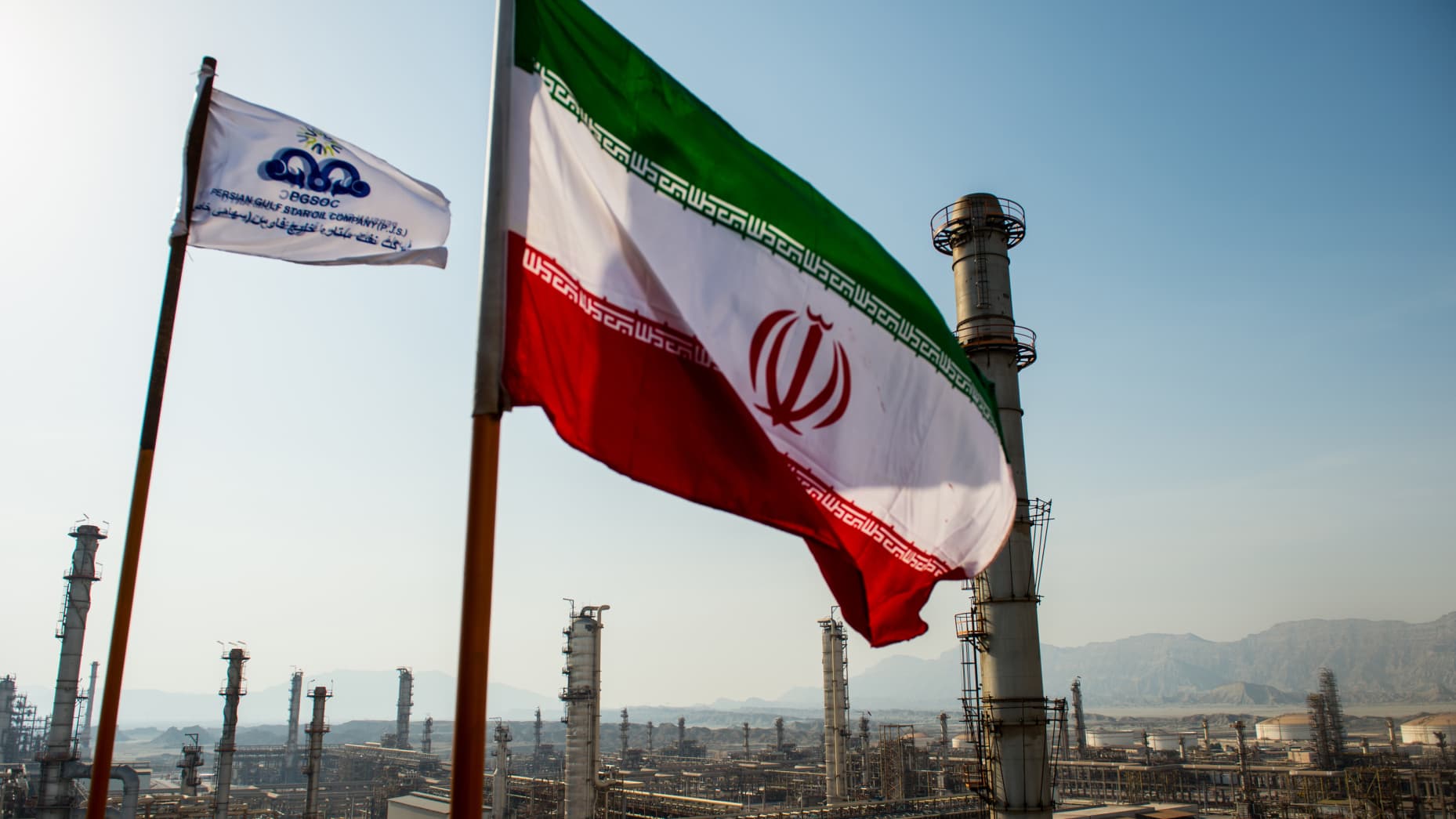 Courtesy:
Courtesy:
A potential escalation of the Iran-Israel conflict will affect energy supplies globally. Tempering the conflict will help the U.S. keep petrol prices down before its election, protect the oil and gas export traffic in the Persian Gulf, keep the surreptitious Iran-Malaysia-China oil sales going, and prevent a major headache for India, which imports over 80% of its oil.
 Courtesy:
Courtesy:
The past week has been eventful for India’s Neighbourhood First policy, with the External Affairs Minister’s visit to Sri Lanka and the state visit of the President of Maldives to India. Rajiv Bhatia, Distinguished Fellow, Foreign Policy Studies, Gateway House and Amit Bhandari, Senior Fellow, Energy, Investments and Connectivity, Gateway House, analyse India’s regional outreach and recent economic and political changes in the subcontinent.
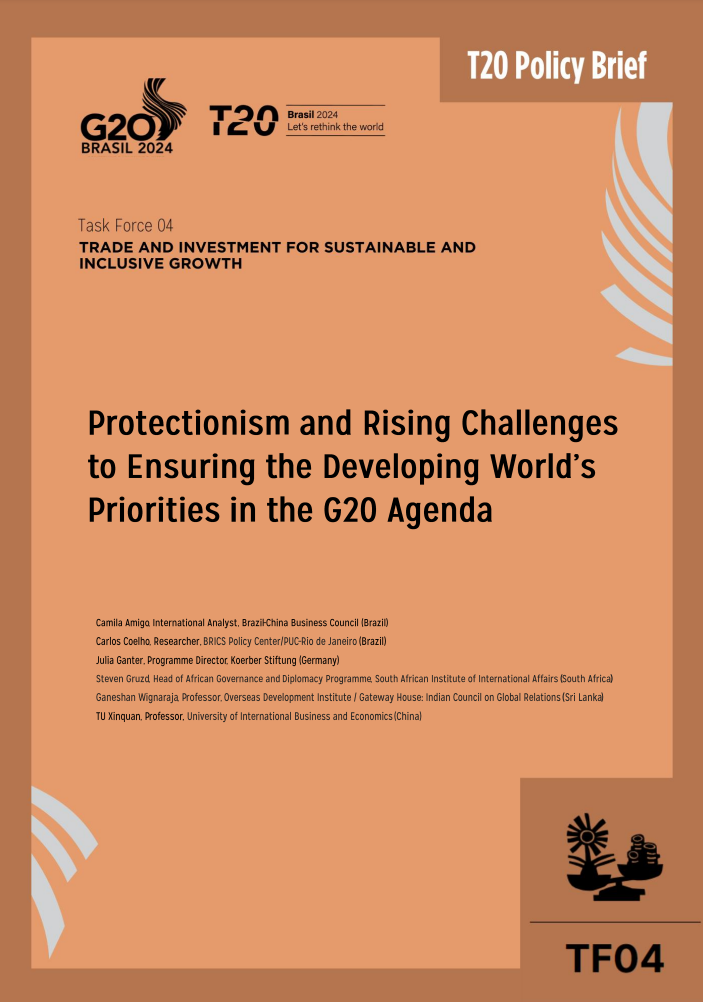 Courtesy:
Courtesy:
The breakdown of the Doha negotiations at the World Trade Organization and ongoing wars in Ukraine and West Asia have led to rising protectionism, which disproportionately affects developing countries. This policy brief recommends how the G20, representing nearly 75% of international trade, can leverage its position to advance a non-discriminatory, sustainable, and transparent multilateral trading system for low and middle-income countries.
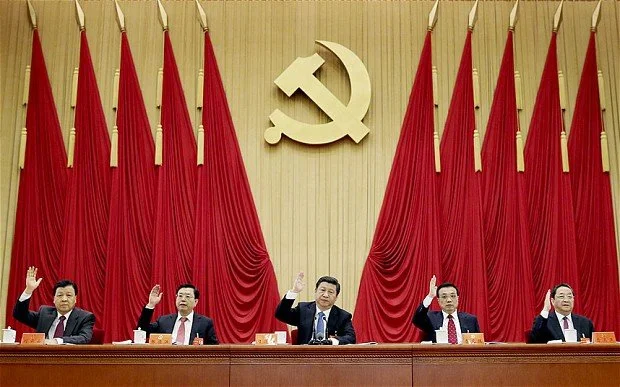 Courtesy:
Courtesy:
China has just announced a grand stimulus for its economy. An analysis of the outcome of the Third Party Plenum held in July, where many of these measures take birth, shows that despite the optimistic planning, China is readjusting its ambitions for future stability.
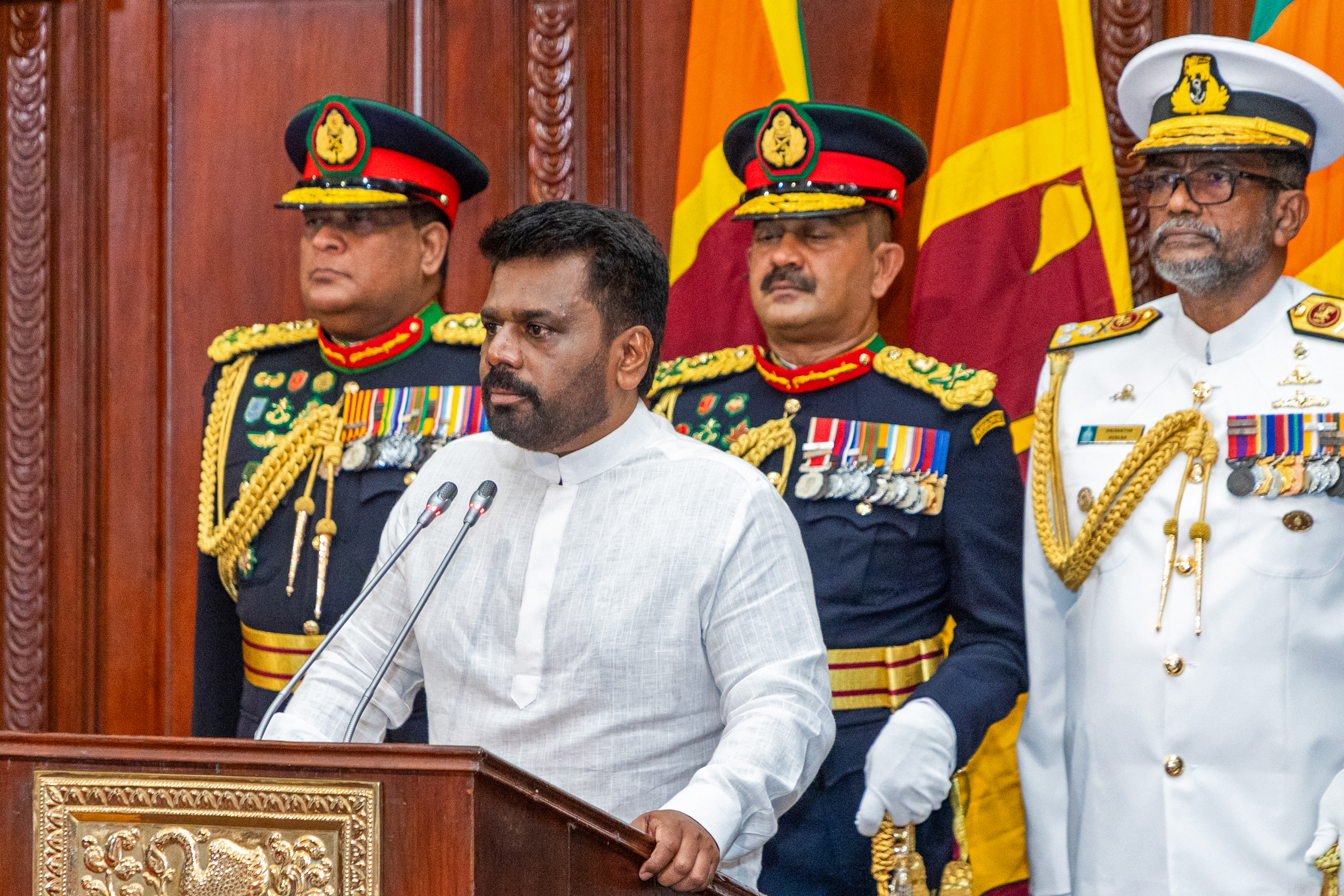 Courtesy:
Courtesy:
The new Sri Lankan government led by President Anura Kumar Dissanayake held its first meeting with the International Monetary Fund on October 3, to discuss further debt relief. Dissanayake, who overcame voter apprehension in the country’s presidential elections held two weeks ago, now has a historic opportunity to bring Sri Lanka out of the crisis and enable a compassionate and efficient transformation.
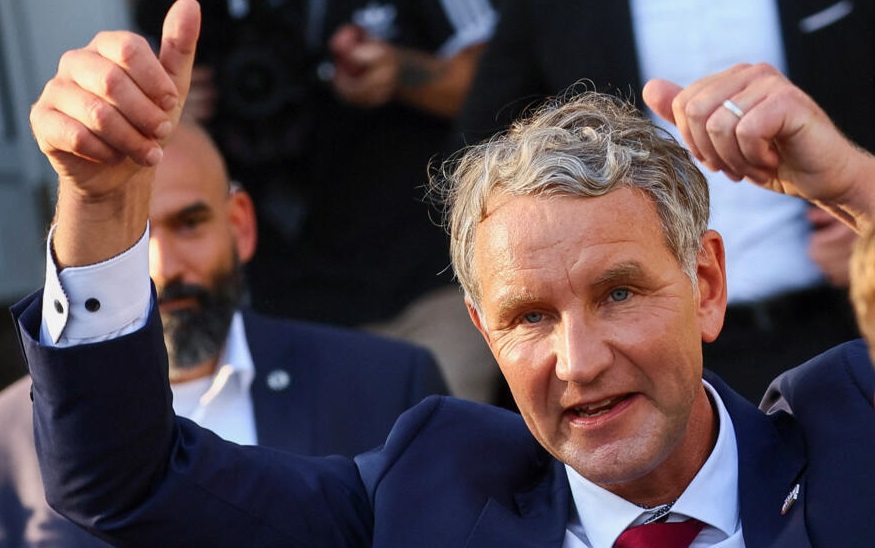 Courtesy:
Courtesy:
Recent state elections in Brandenburg, Saxony and Thuringia in east Germany saw the far-right Alternative for Democracy (AfD) and the left-wing Bündnis Sahra Wagenknecht (BSW) make significant gains in vote share. With German federal elections just a year away, major parties like the ruling CDU and SPD which have seen voter support erode considerably, will now have to re-strategise to stay relevant in Germany’s transforming political landscape.
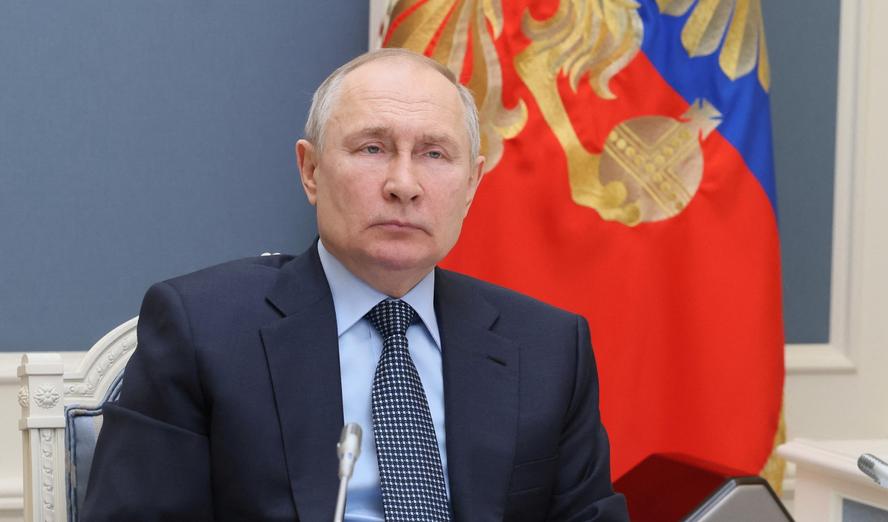 Courtesy:
Courtesy:
On-ground realities and political dynamics have shifted in the Russia-Ukraine war, with the latter’s incursion into Russia’s Kursk region, even as there is a push for peace from multiple quarters. Ivan Timofeev, Director General of the Russian International Affairs Council discusses Russia’s perception of the conflict and peace efforts, its expectations from the BRICS Presidency and means of boosting commercial cooperation between India and Russia.
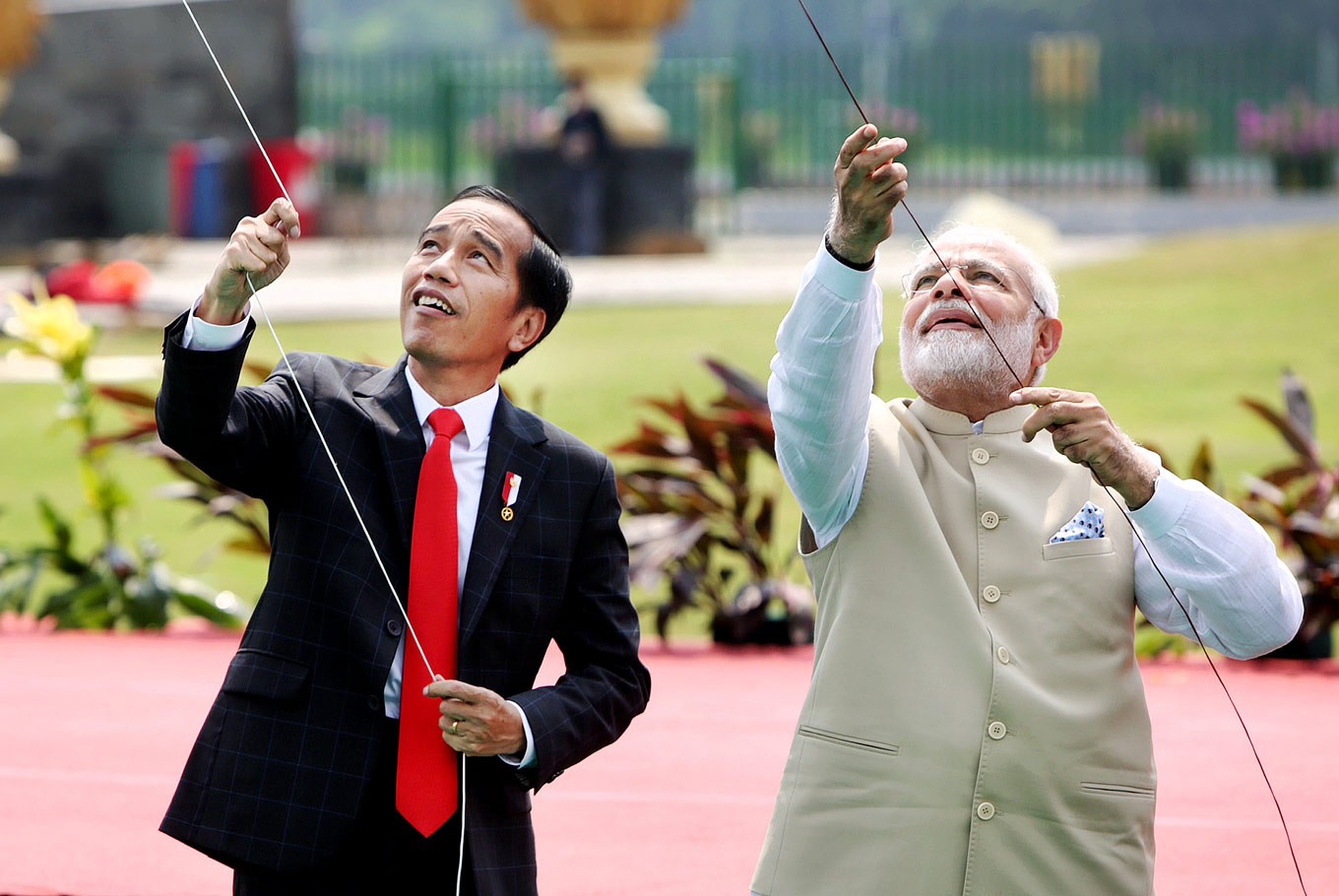 Courtesy:
Courtesy:
Mumbai and Jakarta share a 200-year history of trade in spices and a once-shared love for Bombay’s silent films. Transnational networks of Indian spice and cloth merchants have marked both cities with their business, culture, and faith. A testimony to this history today is the city’s Indonesian consulate, established in 1951 – just four years after India’s independence.
 Courtesy:
Courtesy:
A decade after its launch, China’s Belt and Road Initiative has slowed down in South Asia, the result of poorly conceived projects, and irresponsible behavior from borrower and lender alike.












